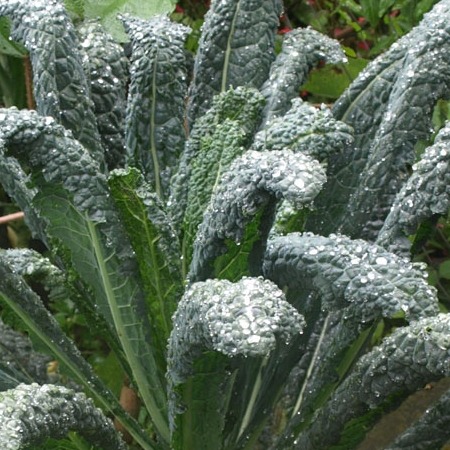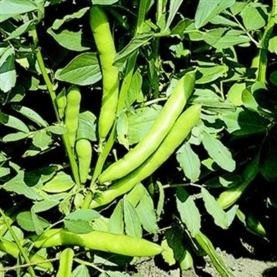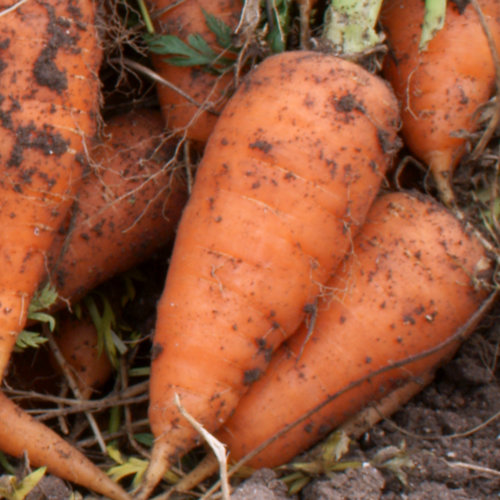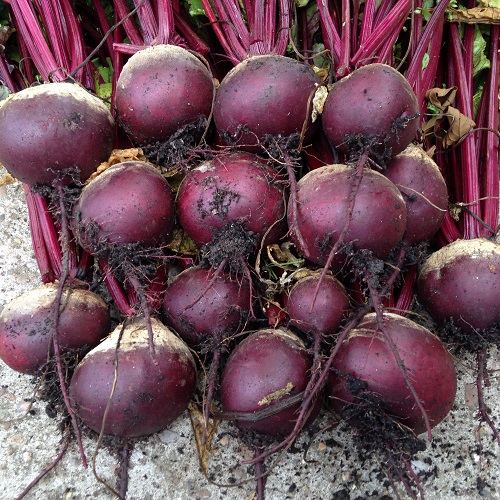Nero di Toscana is an Italian type of curly kale sometimes known.....
Average Packet Contents : 250 seeds
Very popular, the standard variety for overwintering.....
Average Contents : 40 seeds
Chatenay Red Core is regaining popularity due to its exceptionally.....
Av. Packet Contents : 500 seeds
Beetroot Boltardy is the most popular variety for early and.....
Average Contents : 350 seeds
I grew this last year and will definitely grow it again. I didn't know what to expect because they sound a bit strange but it was very trouble free. I grew it in large patio pots with some water retaining gel and didn't worry about any netting to keep away butterflies. It formed tall bright purple stems like colourful sprout stalks with lovely heads of purple leaves that sat through the winter and are just right for eating now and will easily last another month. They are tender to eat and have a delicate kale flavour. Steam it, shred it and stir fry it like Chinese crispy seaweed or put it in soup! I'd recommend putting them in a mixed border if you are short of space as they look quite ornamental and will produce nice edible heads of foliage that are also attractive. Put a couple of stakes or canes per plant though as they get quite tall. Fuss free veg that looks nice in the winter. Thanks !
Nice colour whilst growing, adding some red hues to the predominant green found elsewhere on the plot! A crop not needing a lot of care & attention, although it has been netted throughout to deter the pigeons. Now getting a nice regular crop. Florets cook very well and are eminently tastier than kale and somewhat sweeter & more delicate in flavour than brussels sprouts. Don't be put off by the reference to kale within the product description if kale is not your thing.




